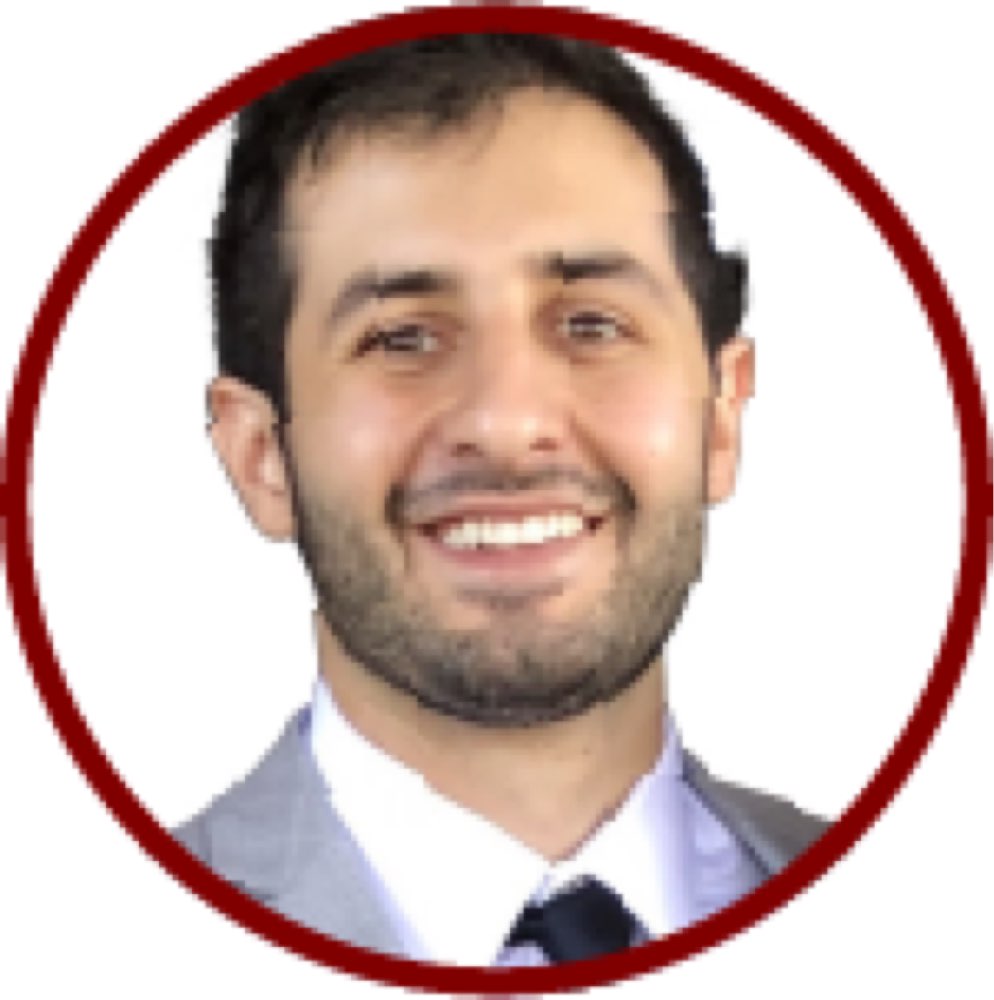Replies

SamA April 3, 2020
Hello @tylerouzts,I went back to the True vs. False video, and I could not find the example that you were referring to. My guess is that you misread example number 4:
"All of the following statements must be false EXCEPT."
correct: could be true
incorrect: cannot be true
You wrote "true" instead of "false," which is why your examples do not match. The first one is incorrect, but the second one from the practice is correct.
Take a second look at the video, and I think you will understand. Let us know if you have any other questions!
tylerouzts June 11, 2021
I don't know where I should be putting this information but the website has had this issue since I started with it last year and it has not been resolved. When I take a practice test and go over the questions that are marked wrong, sometimes the site marks a question wrong and then when you go to look at it it shows that you put the correct answer but it is still marked wrong. Not only does this mess up your given score but I also had to go check to make sure it was right because the website incorrectly marks it and makes it confusing. I take my LSAT tomorrow so getting it fixed now won't exactly help me but I thought I should say something again for other students.